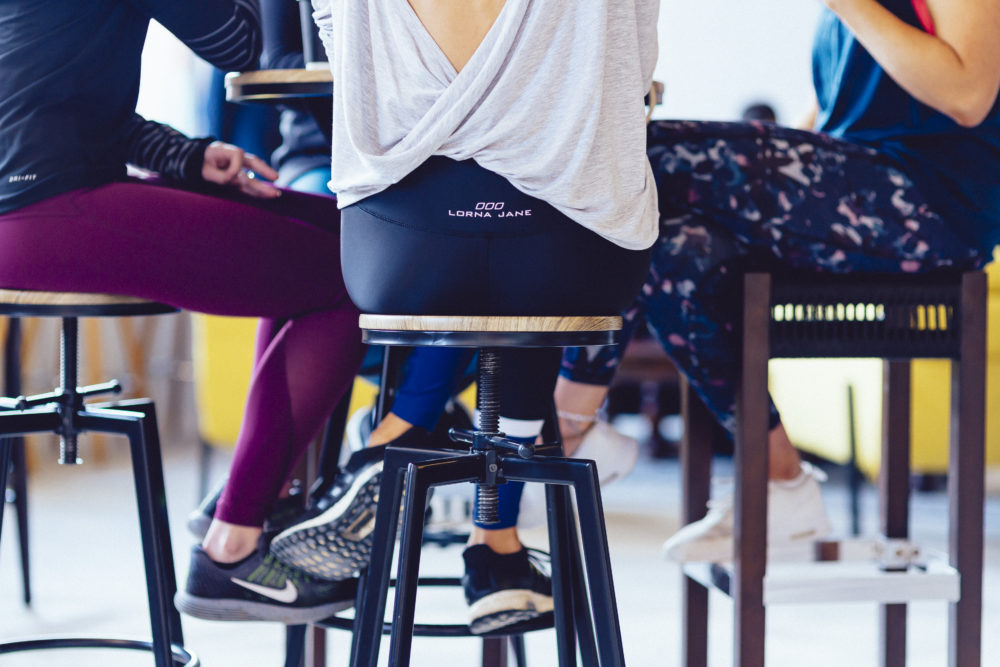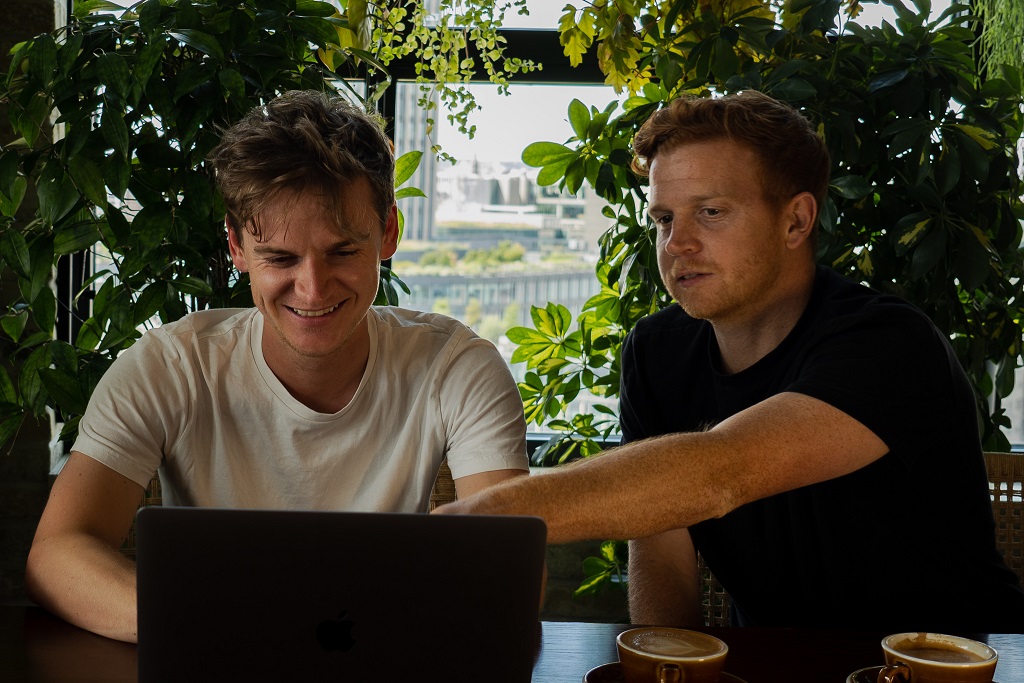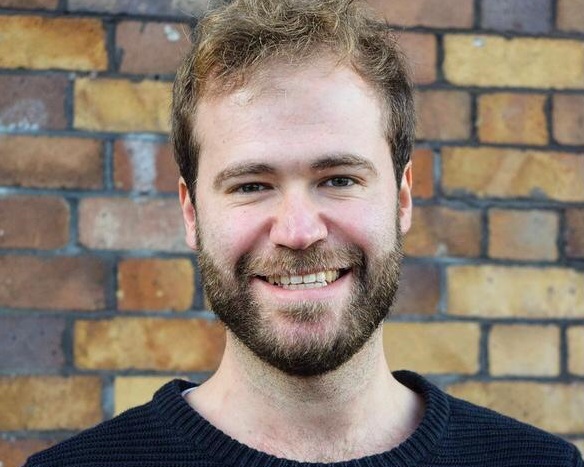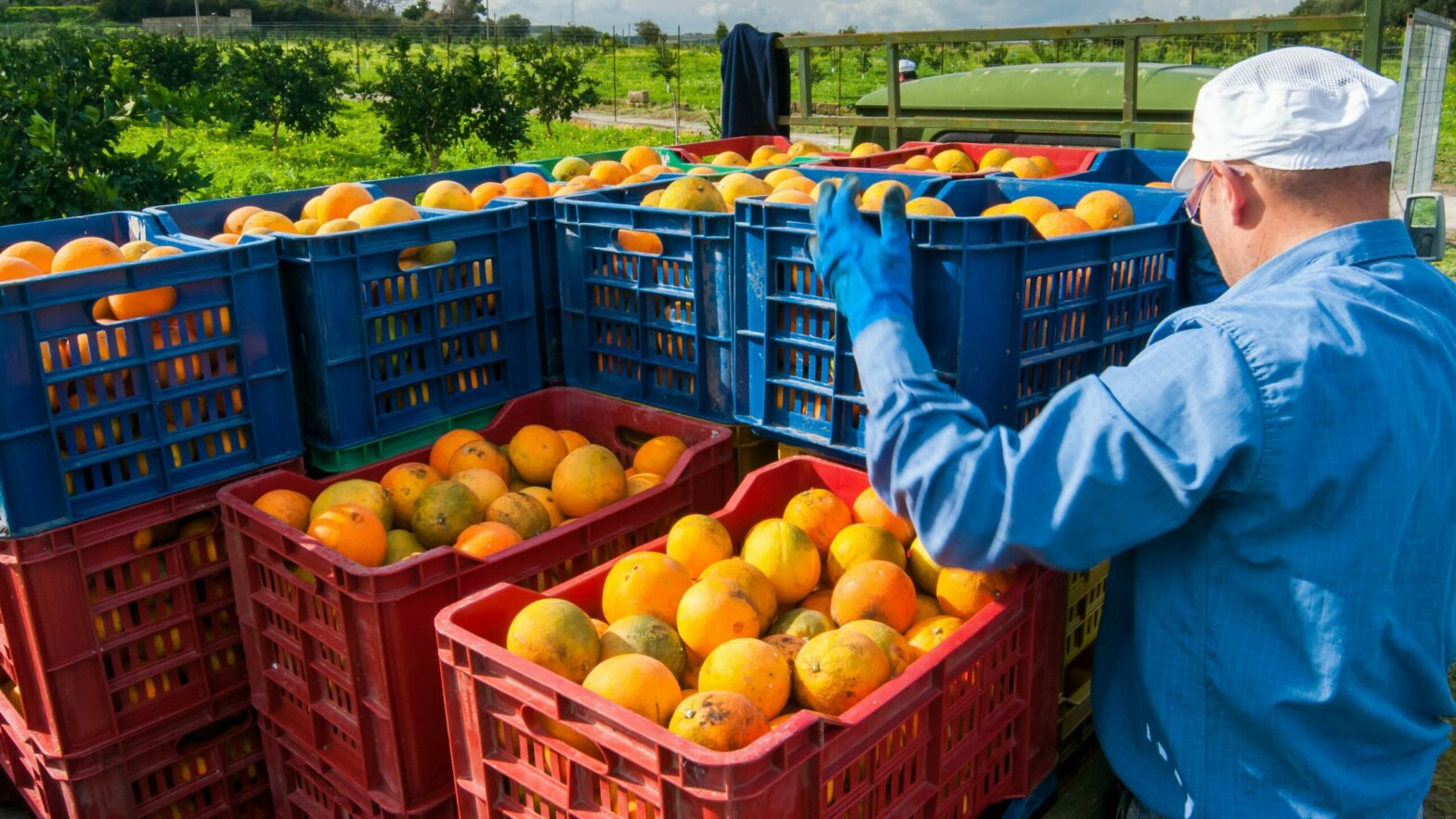Entrepreneur Kamil Bajolek saw a gap in the online women’s sportswear market and decided to create his own company.
What is the business, when was it started and what were you doing beforehand?
Flybery is a shopping portal specialising in women’s sportswear. We currently partner with more than 60 different stores such as ASOS, Nike, Sweaty Betty, Wiggle, Surfdome and Carbon38. We currently operate in the UK market only but we plan to expand to other countries as well as launching a men’s division in the near future.
The idea for Flybery was born around three years ago during my studies at University College London where I did my master’s in technology entrepreneurship, but the business itself is now two years old.
Before I came to London, I studied at Warsaw School of Economics and spent holidays working in the marketing department of my family’s e-commerce business, answear.com, where I was able to gain really insightful knowledge into e-commerce and online marketing.
How did you get the idea, and what opportunity did you see when you started the business?
The idea for Flybery was born during one of our lectures, when our lecturer was sharing a story of a business he co-founded – an aggregating platform for high-end fashion. The whole concept seemed really innovative at the time and I recognised that this could be especially useful for the world of sportswear as there were currently no major companies in this space doing the same thing.
On top of that, my family and I are really active people who love sports and do a lot of shopping online. I started researching the industry more deeply, talking to different people at my gym and some running events around London where there seemed to be an ongoing theme.
People were frustrated when shopping for sportswear online, it was not easy to find what they were looking for, it was taking time going from website to website, trying to find the best prices and styles in their size.
This was the starting point and an opportunity in which I could create a sports destination like ASOS did for fashion, where you could simply go and find almost everything you’re looking for in one place.
We launched our very first version of the platform a couple of months later!
What are your sales and what do you expect the turnover potential to be?
We currently deliver our partners with more than 2000 sales every month, exceeding circa £100,000 in sales value. We had it quite tough in the initial phases as there was a lot of basic work required to lay foundations for the business, but now those early niggling days are behind us we can talk about the snowball effect as a result of that hard work and we’re now accelerating the growth and every month gets better and better for us.
Our current trajectory and forecasts are showing us that it is extremely possible to deliver our partners with around £10,000,000 in sales every month and that is only focusing on our initial market segment of female sportswear in the UK.
How did you finance it and what were the challenges of that?
Our strategy remains unchanged from the beginning and we wanted to finance the business predominantly from our own resources. We knew that we were heading into a very competitive industry and we had heard so many doubts about the viability of the business and the start-up cost implications, but we strongly believed in our idea.
That is why we wanted to cover all costs on our own. Slowly build foundations and grow the business to the level where the results speak for themselves, rather than giving away more stakes for less money earlier. The only external funding we’ve received is a small loan to start the business which I received from UCL after completing my master’s thesis.
We’re now at the stage where we can really prove the business concept to potential future investors and we have slowly started looking for an additional funding which would help us to grow even faster.
This approach obviously came with a number of challenges. We didn’t have a massive budget to run at scale with different marketing activities all at once – we had to accommodate our position by taking things step by step and looking for the channels that were really working for us and focus on them.
We didn’t have money to hire additional people so often we had to do really basic tasks on our own, with many days of working well into the night.
As we were really limited by our resources and as one of my mentors told me once, ‘We had to be like a good chef. Regardless of the poor ingredients, we needed to prepare a delicious meal.’
And after looking at many different start-ups where huge amounts of money are pumped in from day one, I can now see the benefits of the way we decided to do things, as we learned how not to burn our money and strongly develop our knowledge in many different fields.
“We didn’t have money to hire additional people so often we had to do really basic tasks on our own, with many days of working well into the night”
What were your key marketing strategies?
Due to the nature of our business, we knew that there would be certain channels that could work well for us in the long term. We focused on organic search channels which allowed us to put a lot of weight into creating the site.
We’re really starting to see the benefits of that now and organic channels still remain integral and strategically important to us. Having said that, we have also had to think about activities which would enable us to grow in the shorter term and we found that online advertising has been a very good source of sale for us.
It is worth mentioning though that it is really easy to burn money while advertising online and it required us to run a lot of trials in order to make it viable.
The most exciting part is that we managed to establish community around our core business offering. From the very beginning of Flybery, we not only wanted to provide women with a shopping platform, but we also wanted to create a place where women could draw upon inspiration for leading an active lifestyle and become motivated by a highly engaged and like-minded community.
#FlyberyWomen, how our community has become known, is now an active group of women who regularly share their sporting achievements and stories through social media and through the Flybery Women pages of the Flybery website.
Women all over the world are encouraged to use our platforms to share their training tips, review brands that are available on our platform or simply to share their thoughts.
What are your revenue streams?
Our revenue model is based on a commission we receive from every purchase directed from our platform. Users can find products they are looking for and then they are redirected to the platform where the product is available to complete the transaction.
In addition to the commission structure, many our partners choose our platform as an advertising or sponsored material channel where we charge for featured content on our blog, newsletters or social media.
What are the main challenges you have experienced and see?
Our first challenge was to convince potential partners that it would be beneficial for them to partner with us and why huge stores such ASOS or established brands such as Sweaty Betty or Gymshark would be willing to work with us.
We knew how we could help them, but we also had to gain their trust by delivering on our promises. That is why from the very outset we were sure to create a professional-looking platform with high quality content to form the basis for attracting our first few partners, which we then knew we could go on to extend the range of our partnerships as we began to prove our place in the market and our partners sales began to materialise.
Another challenge was (and still is) related to the marketing as how we could acquire users in such a competitive market with so many big players vying for attention and with almost unprecedented budgets compared to ours.
We knew that in order to do this we not only have to provide users with a product and services which they can’t find anywhere else, but we also have to create something they fall in love with.
Marketing is an ongoing challenge – every brand has to constantly face it and adapt due to the rapidly changing markets and customer preferences. Aside from this, we have slowly started thinking about opening our platform to other markets and this will definitely be our next big challenge.

How do younger entrepreneurs have an advantage when starting companies?
In my particular case, I see that starting this business straight after my studies was a huge advantage as I received a vast amount of support on many different levels from within the university.
Beginning with the loan and our very first office in a UCL co-working space, to attaining many contacts with people from the industry, mentoring sessions as well as the very first pitching sessions where I could collect valuable feedback on what I was trying to do.
All of this support was a huge advantage for a young, inexperienced entrepreneur like me as I didn’t have to think about some of the basic things that many forget and I could remain solely focused on developing my business idea.
I’m still in touch with people I met during my time at UCL and I still really value their support.
I also think that young entrepreneurs are more adept at developing relationships, perhaps through lack of fear or a different social world that we grew up in. Many people think that as a young entrepreneur it’s harder to develop some relations as you’re not credible enough but in my opinion it’s actually the opposite way around.
Many older, more experienced managers and entrepreneurs are actually impressed by these facts and in some way, they can see themselves at our age which make them more open to talk to you and support you. They know how hard it was when they were starting out and they understand us better than we can imagine.
Finally, the biggest advantage of being a young entrepreneur is the huge learning spectrum that opens to you once you start the business. You need to learn quickly about different areas of a business, starting from finance or marketing to management and working with diverse people.
What is even more important is that you’re learning from your own mistakes while working on something that you’re really passionate about which is easier to do as a younger entrepreneur as habits are yet to set in and you’re more open to experiencing new things and adapting to change.
Regardless of age however, I think that being an entrepreneur and operating your own business gives you access to situations and is something that you would rarely get to experience while working for someone else.
“I also think that young entrepreneurs are more adept at developing relationships, perhaps through lack of fear or a different social world that we grew up in”
How do you draw on the experience of older, more experienced colleagues and how important is it to have the right balance of experience in a business?
Obviously, the more experience you have in business, the better.
However, I don’t think experience is something you need while starting a business; it’s more important is how quickly you learn. My experience was actually really minor when I decided to set up Flybery and I was aware of the fact that I’m probably going to make a lot of mistakes during the next few years (and that was certainly the case).
I have always tried to limit them by following the steps and advice of my older, more experienced colleagues and relatives; in many cases they went through the same or at least similar challenges we’re facing as young entrepreneurs and they can always give you guidance so that we don’t make those same mistakes.
I often ask for a piece of advice before an important meeting with my partners or before any negotiations. I also always try to get as much feedback as possible from them on our new ideas and further steps as they are always able to point out potential risks and therefore, challenge me to think more about them.
You don’t need to re-invent a car in order to drive from point A to point B, so why you should try to go it alone through challenges that someone has already gone through before?





